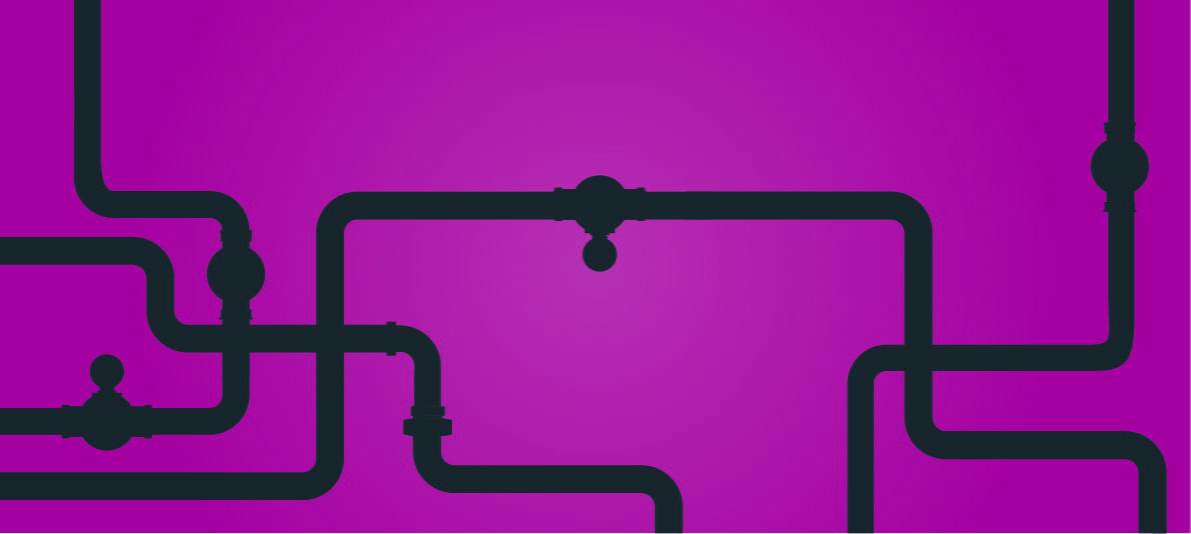Will heat network regulation impact you? With multiple parties often involved in the supply of heat or cooling to customers, it is essential to determine which entity will be the authorised "operator" and "supplier" for existing and future heat networks.
This article is part of our Heat Network Regulation series which looks at key issues under the latest round of consultations published by Ofgem and the Department for Energy Security and Net Zero on 7 November 2024. If you have any involvement with a heat network, check how regulation will apply to you and whether you will be considered a heat network "operator" or "supplier".
Regulated Activities
From 1 April 2025, "operation" and "supply" will become regulated activities. Any person undertaking a regulated activity on a communal or district heat network will need to be authorised by Ofgem.
The definitions for "operation" and "supply" have been refined under the 2024 consultations to focus on the party with significant control and influence over aspects of a heat network that are most closely related to consumer outcomes.
|
Heat Network Operator
|
The "operator" is the entity that controls the transfer of thermal energy on that network. This will be the asset owner or an entity that has significant control over the network infrastructure and ability to make decisions around investment and upgrades to the network. The operator will have ultimate accountability for the day-to-day operation and maintenance of the network infrastructure. Operator obligations will likely include:
|
|
Heat Network Supplier |
The "supplier" is the entity that holds a heat supply contract (or equivalent) with customers, with control over the terms of that contract. The supplier is expected to function as the customers' main point of contact for any issues related to the network. Supplier obligations will likely include:
|
Both the "operator" and "supplier" will be required to evidence their financial resilience, comply with Standards of Conduct and customer service requirements, and ensure step-in arrangements are in place for the continuity of supply to customers.
Are you the "operator" or "supplier"?
In most cases, the building or asset owner will be both the "operator" and "supplier", unless substantial control over operation and/or supply has been given to another party.
Ofgem has indicated that certain long-term appointments of an Energy Services Company (ESCO) may meet the threshold for handover of "substantial control" – provided that the ESCO enters into direct supply agreements with customers and has the ability and accountability to make investments and upgrades to the network to meet technical standards.
A large proportion of landlord-run heat networks appoint service providers on a short/medium-term basis to operate and maintain the installed energy system and provide other related services, such as metering, billing, tariff setting and fuel procurement. Subcontracting these services will not be sufficient to delegate regulatory responsibility and the landlord will remain responsible for outcomes as the regulated "operator" and "supplier".
Outsourcing – is appointing an ESCO the answer?
Compliance with a new regulatory regime is likely to be challenging for landlord-run heat networks, whereas larger ESCO operators will generally be better placed to navigate the transition and adapt to Ofgem's standards, particularly where already registered and compliant with the Heat Trust Scheme rules.
Offloading regulatory risk to an ESCO is likely to be attractive for many landlords and developers – although the appointment will require careful consideration to ensure it is properly structured to meet the threshold for "substantial control".
Not all schemes will be suitable for an ESCO – particularly existing developments where the terms of the lease or tenancy agreement may not allow the landlord sufficient flexibility to do so. Traditionally ESCOs require large scale developments, with a minimum level of heat/cooling demand for the scheme to be viable, but there are an increasing number of market solutions for smaller scale outsourcing and risk transfer.
Small or low-density developments are unlikely to be financially viable for traditional ESCO providers – there are less opportunities to benefit from economies of scale compared with gas and electricity markets, as each network will have its own design, efficiencies, and customer base to consider (particularly for existing sites).
With data showing approximately 76% of existing heat suppliers have fewer than 100 consumers, it remains to be seen whether market interest will change.
Network type - differing approaches
For heat networks that supply domestic customers, the full suite of consumer protections will apply once regulation is in force, anticipated to be January 2026.
Ofgem has confirmed that Shared Ground Loop (or ambient loop) networks will fall within the scope of regulation – these are heat networks where multiple properties are connected to a shared ground network at a lower temperature, with individual heat pumps in each home to top-up the temperature to provide heating or hot water.
Consumer protections will apply where "relevant and practical" to Shared Ground Loop networks – this is to reflect that individual consumers will have greater control over the electricity supply to their individual heat pump (which is likely to be the greatest cost component) but will still rely on some outcomes from the shared loop. We don't yet have clarity on exactly what this will look like – with further consultation on the Authorisation Conditions expected later this year.
Ofgem has also proposed that some consumer protections are extended to non-domestic consumers, including standards of conduct, the obligation to provide fair and transparent prices, certain Guaranteed Standards of Performance, and the step-in framework (except for networks with industrial customers only).
Bulk Supply – who is responsible?
District heat networks will often sell heat to other connected networks on a bulk supply basis. For example, a city-wide district network may supply heat to multiple commercial buildings, residential developments, schools, hospitals, and other public buildings. This could also occur on a smaller scale – where a social housing provider owns a single block that forms part of wider private development.
For these connected networks, poor performance of the upstream network may lead to negative outcomes for end consumers, which the downstream network may not be able to rectify. Following comments raised in response to the 2023 consultation, Ofgem has now proposed to apply some regulatory consumer protection measures to bulk suppliers (including standards of conduct, fair pricing, guaranteed standards of performance, complaints, and step-in requirements).
This is intended to prevent regulatory obligations falling disproportionately on the entity that has the direct consumer-relationship, although heat purchasers will still need to negotiate robust bulk supply contracts to ensure they can meet consumer outcomes on their network.
With the introduction of heat zoning, supply to downstream networks is likely to become more commonplace so it is important that there are regulatory, as well as contractual, measures in place to ensure the right party is held accountable for network failure.
This article is part of our Heat Network Regulation series. Read our overview of the proposals under the latest round of consultations.
If you are concerned about any of the issues raised under the consultations or how regulation may impact you, please get in touch with a member of our Energy and Sustainability team.


Sign up to our heat network mailings
Sign upWhy not explore these hot topics
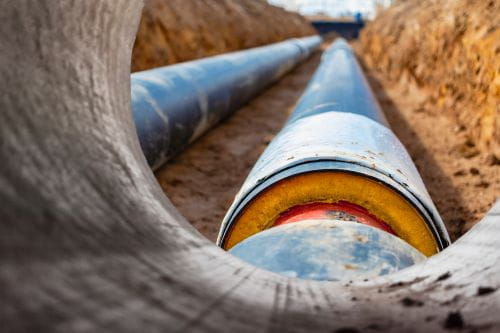

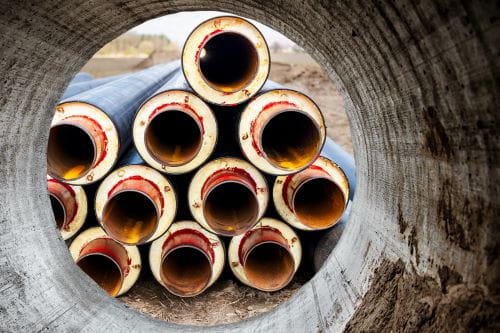
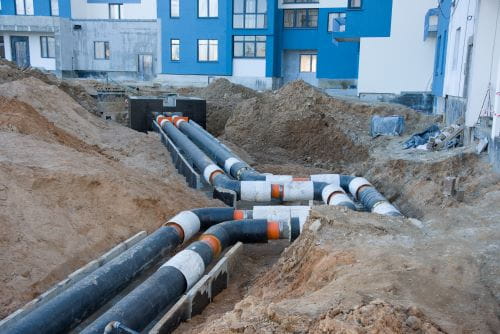

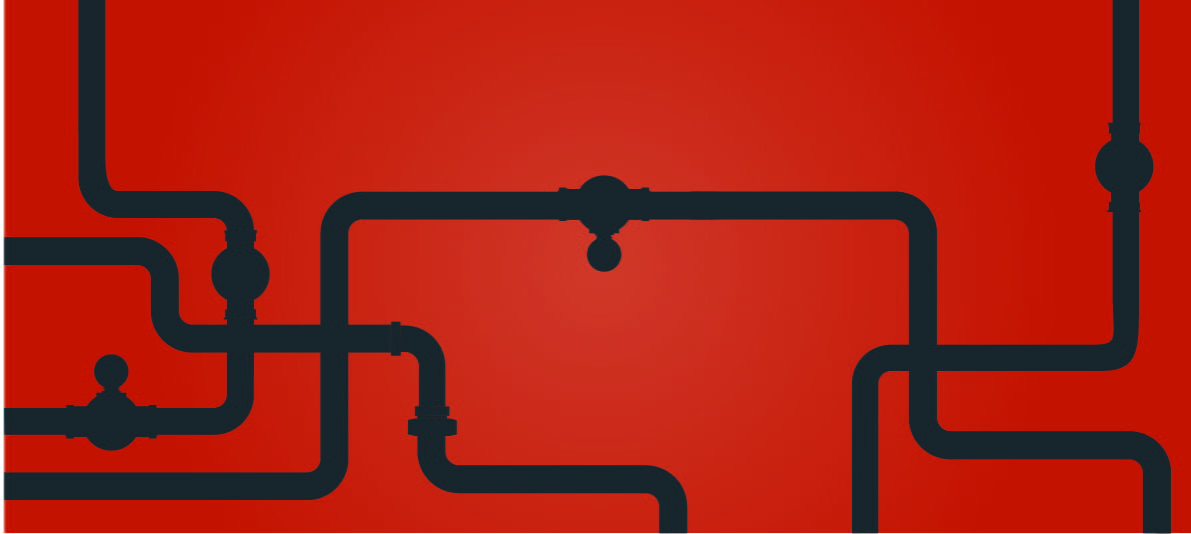

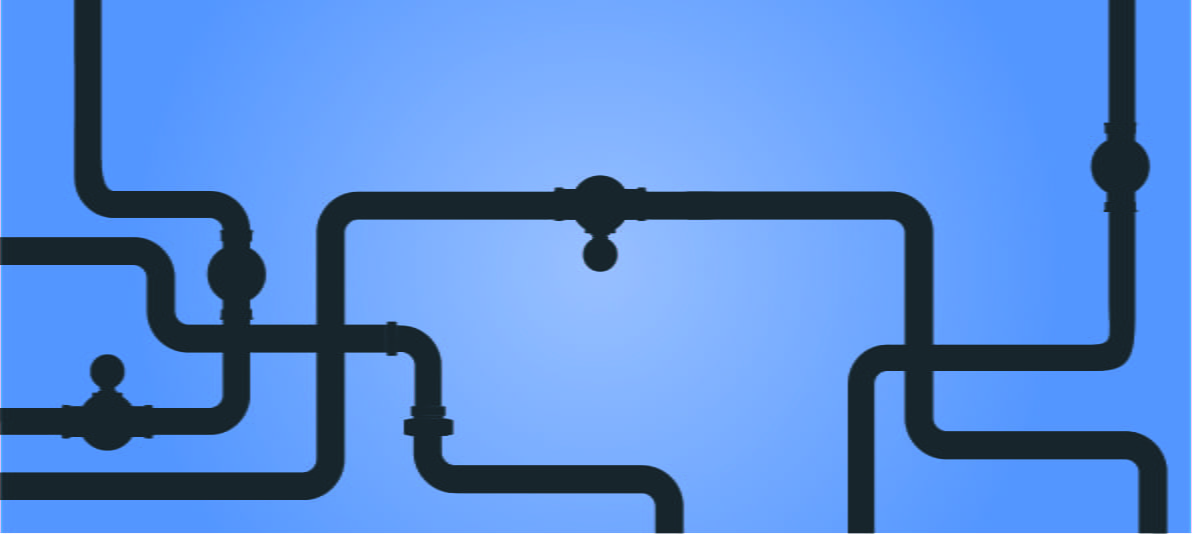
INSIGHT - 20 Jan 2025
Heat Network Regulation: Heat contracts, billing, and landlord and tenant legislation
Read more